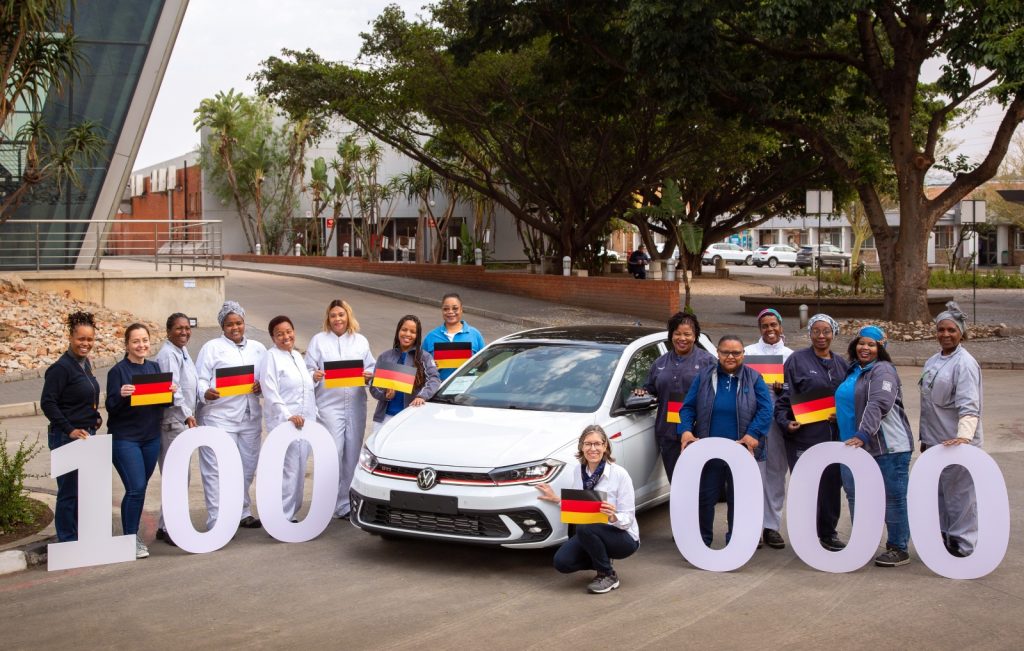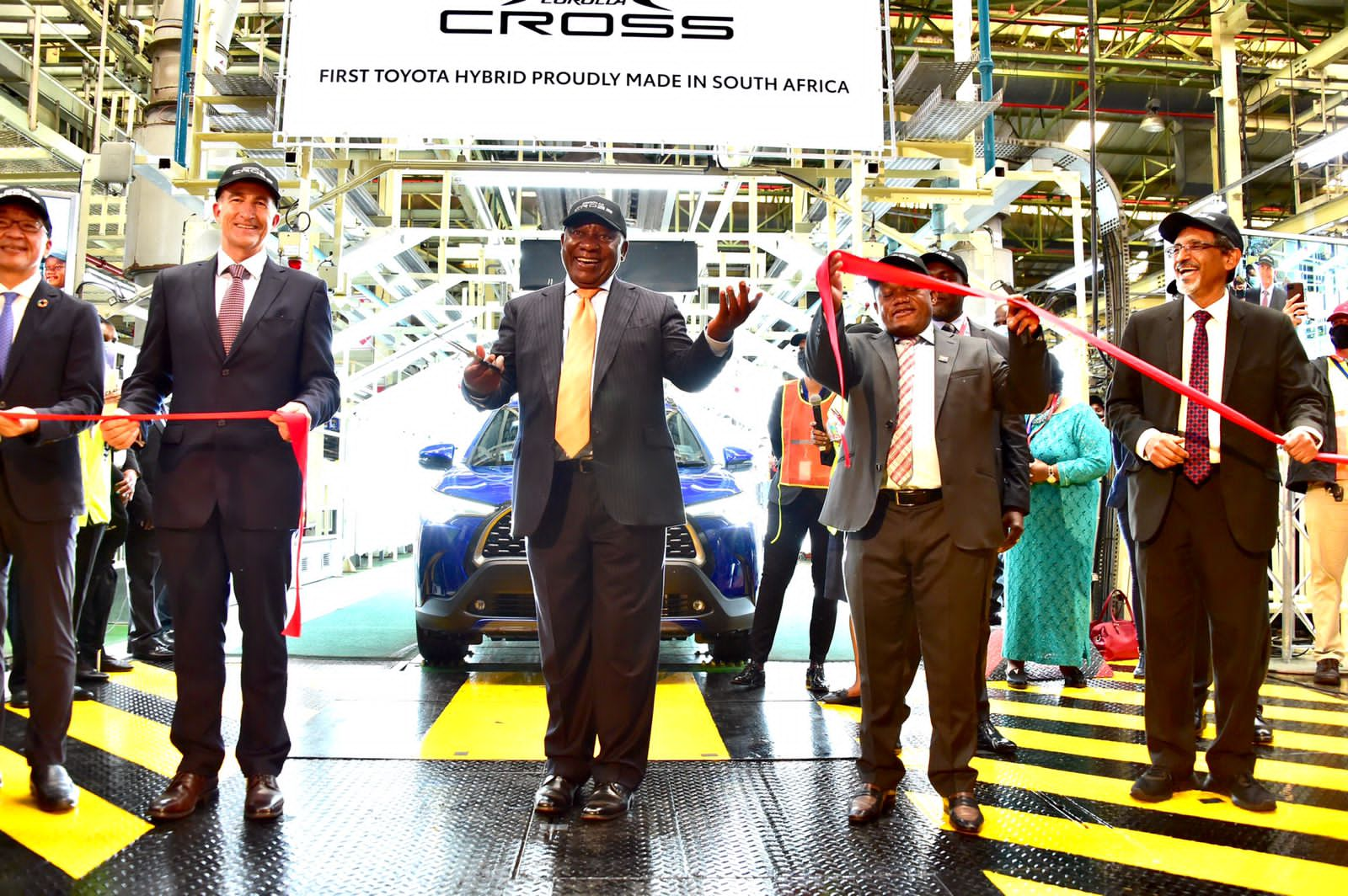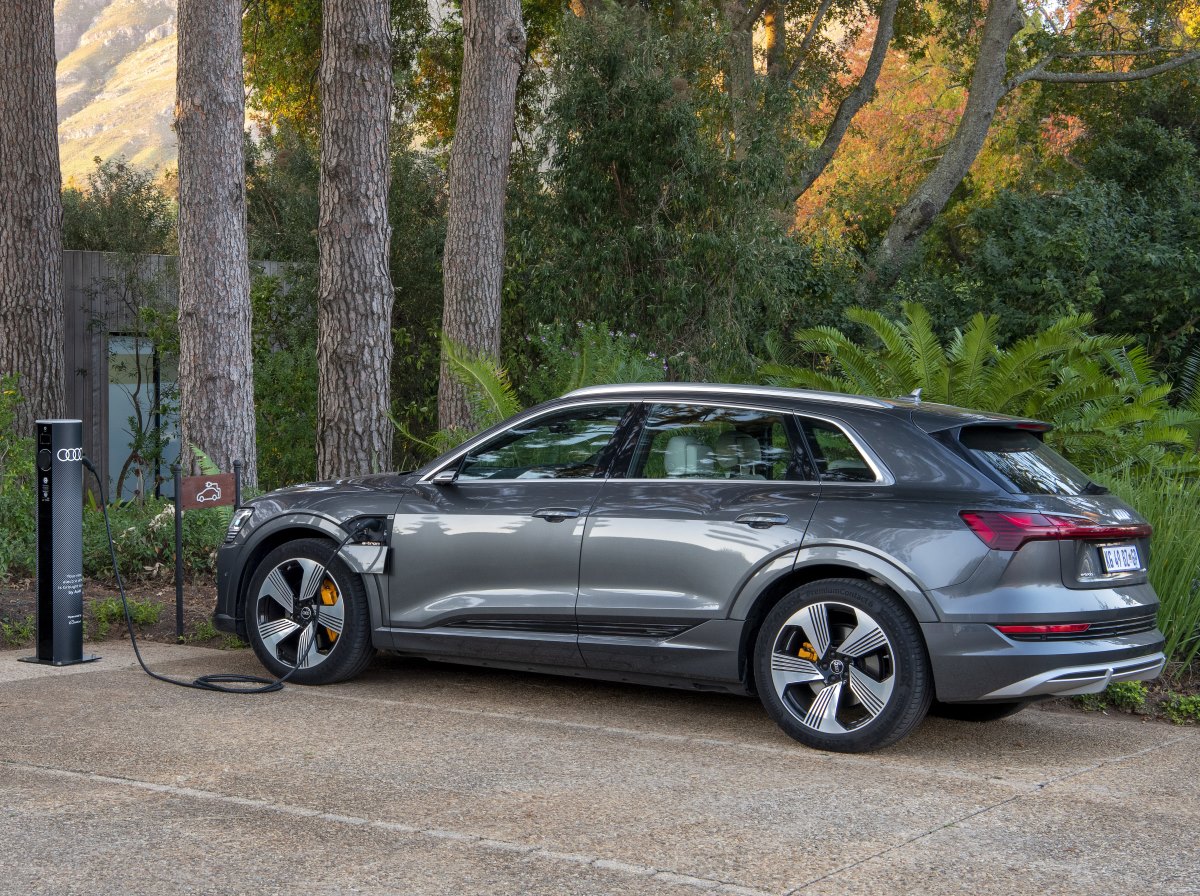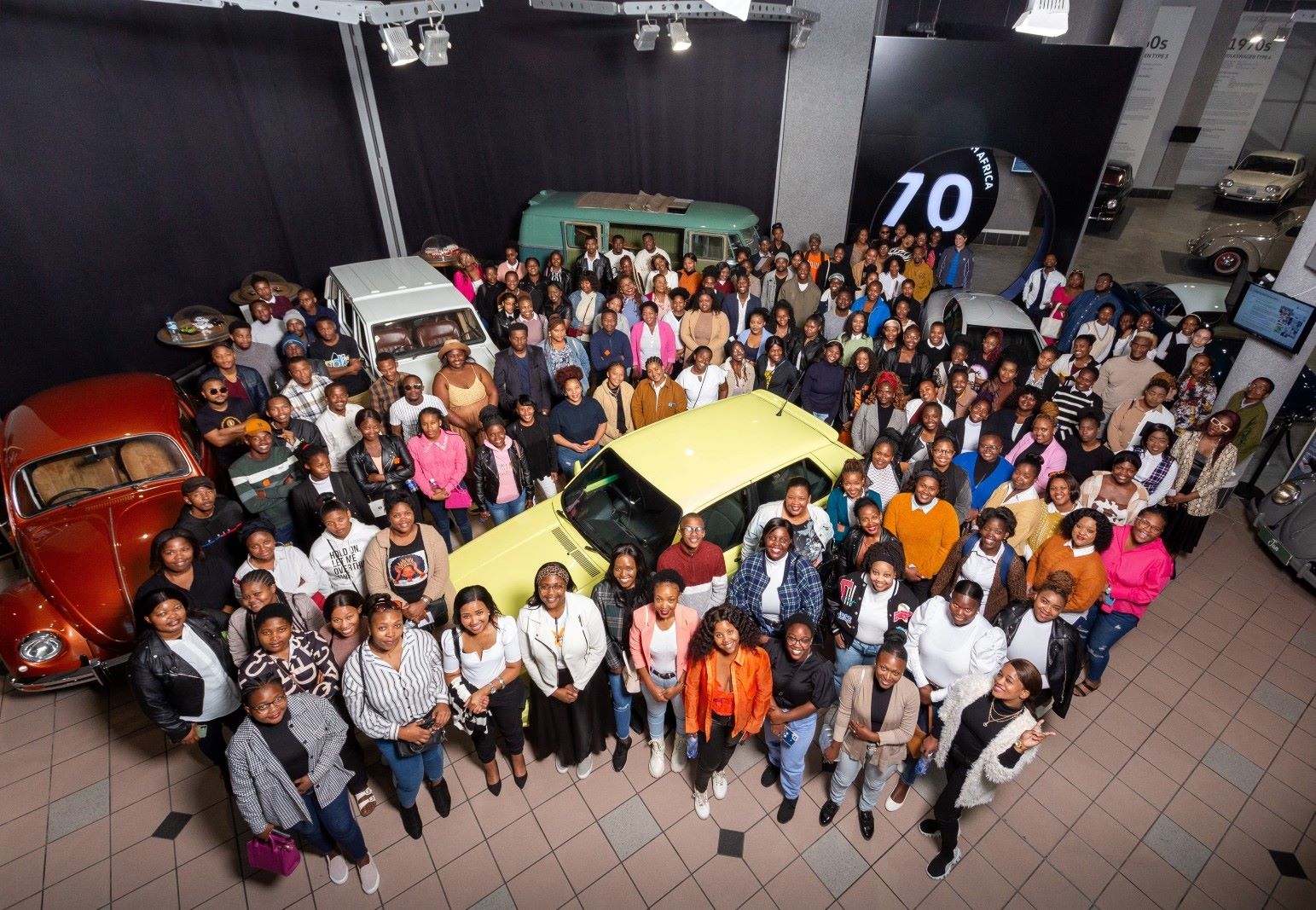Sony launches the WF-1000XM6 in South Africa with upgraded noise cancelling, better call clarity and premium sound. Pricing starts at R7,999.
Budget speech misses NEV promise – again

Any budget is challenging. Whether it’s your household expenditure, that yearend vacation planning or long-term savings goals.
But being responsible for allocating and sharing what a country needs, from its income, is the apex budget responsibility. And the South African responsible for that, has one of the least invisible jobs imaginable.
Finance Minister Enoch Godongwana knows the value of South Africa’s automotive industry. His time at the National Union of Metalworkers positioned Godongwana at the contact point of labour practices in the domestic car and componentry sector. But that does not make him immune to the pressures of political intransigence.

Money for the motor industry?
The South African budget is a mess, influencing how much assistance is available to the local automotive industry. During the tenure of Trevor Manuel, government spending and borrowing were skilfully balanced. Manuel delivered budget surpluses, and significant investments rewarded confidence in South Africa’s automotive industry.
But global car and credit markets have changed, dramatically. Interest rates have surged, making it more expensive for South Africa to borrow and leaving less money to assist the local automotive industry, as it adjusts to unpredictable market dynamics in Europe.
Robust, layered, and advanced, the automotive industry is one of South Africa’s few employment and export success stories. However, it relies on producing products targeted at specific foreign markets, mostly in Europe. And those markets are reshaping under the pressure of unpredictable ESG and government forces, attempting to transition customers from petrol and diesel cars, into EVs.
That means BMW, Mercedes-Benz and VW’s local assembly assets, which are built mostly for Europe and the US, need to produce EVs. And soon. But government appears unconcerned with the mechanics required to make this happen.

Making EVs happen for export
Local automotive assembly zones can’t magically become EV production hubs.
Although EVs require fewer components, they need advanced and appropriately scaled battery packs, which are almost exclusively produced in Asia. Outside of China, Korea and Japan, there is very little global battery pack production at the energy-density required for EVs.
Government promised that 1 November would be a date for its NEV policy document. This framework is supposed to give investors, suppliers and employers in the South African automotive industry a degree of certainty and direction.

Budget for car tech jobs – or losses?
The 1 November deadline has come and gone without the promised NEV policy document, only a terse comment that it will come into the public realm during early 2024.
It’s worth remembering that an election year, with a budget under severe pressure regarding social spending, narrows any opportunity for prudence or lofty technological investment incentives.
Minister Enoch Godongwana’s familiarity with the local automotive industry means he knows what is at stake. Whether he’ll deliver the support required during his budget speech next year is unclear, but the markets that have made South Africa’s car industry such a success aren’t waiting for anyone.


